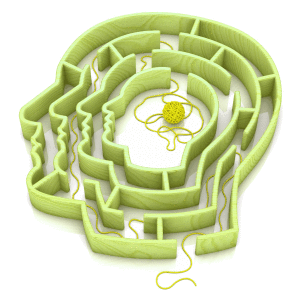According to the systemic-relational approach the symptoms and discomfort of the individual can derive from a complex set of factors including subjective experience, the quality of the most significant interpersonal relationships, the structure and dynamics of the relational system of belonging.
The symptoms of an individual can be seen as the expression of a subjective psychic conflict, as well as assuming a specific function in the relational system in which they emerge. Indeed, the systemic-relational approach has built its clinical methodology around the idea that psychic distress can be grasped through observation of human relationships. These relationships are specific, peculiar and necessary for the development of every individual in the family context.
According to this approach, the individual can also be seen as a system (Boscolo and Bertrando, 1996; Burbatti and Castoldi, 1994), equipped with structural and organizational features readable with a systemic paradigm.
The therapeutic intervention takes place through the encounter between the emotional systems and the narratives of the patients and the therapist, intending to stimulate the search for connections, meanings, alternative reading keys and urge the construction of a new and more functional narrative framework (Monguzzi and Nascimbene, 2002).





